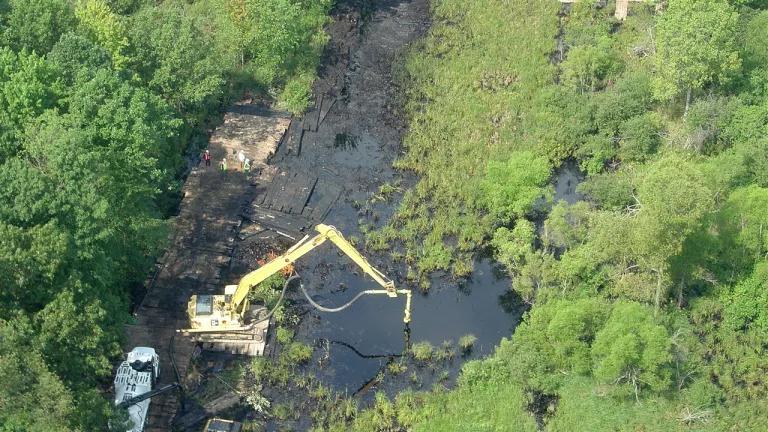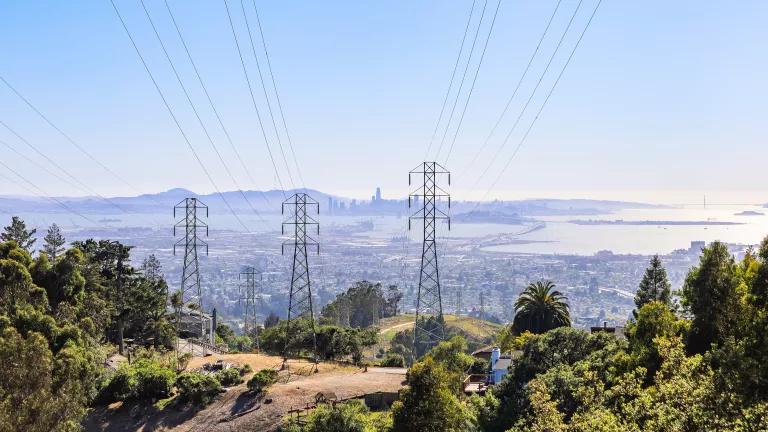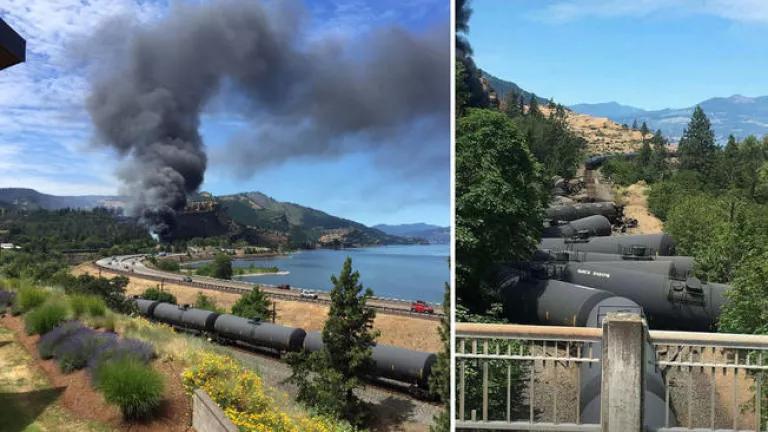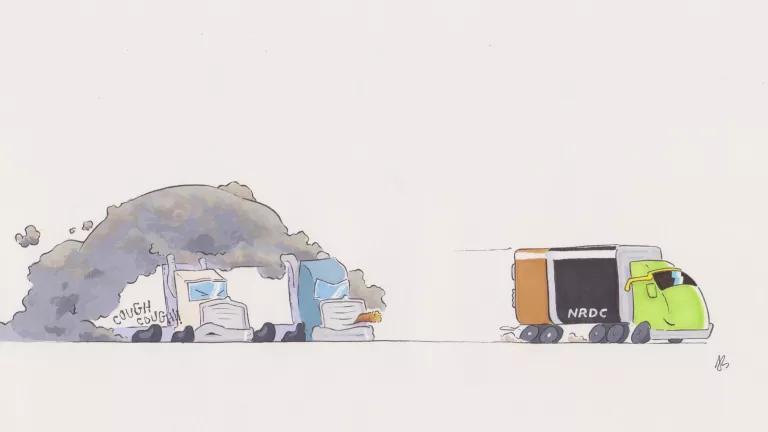AB 936: The Path to California’s New Oil Spill Protections
It is our fervent hope that the cleanup preparation measures required by AB 936 never become necessary, as California moves toward transitioning away from oil.

Cleanup of the 2010 nonfloating oil spill on the Kalamazoo River
Governor Newsom signed multiple bills over the weekend that are aimed, in one way or another, at keeping California’s behemoth oil production industry from harming our state’s communities. Most have to do with oil drilling. But one of them, AB 936, gets specifically at the transportation risk associated with California’s heavy investment in oil refining: the danger of a spill of heavy “nonfloating” crude oil that is being increasingly imported into California’s refineries.
California has a long history of enacting policies to prevent and protect its coast from oil spills, ever since a spill off the coast of Santa Barbara in 1969 devastated wildlife and coastal communities. But some preparedness gaps persisted. An oil spill study by the National Academy of Sciences, and the traumatic experience of communities near the site of a spill of Canadian tar sands oil into the Kalamazoo River in Michigan, led San Francisco Baykeeper and NRDC to identify a need for laws that specifically address the problem of nonfloating oil, the heavy crude compounds that sink rapidly and foul fragile ocean and river bottom environments when spilled.
We initially worked with state Senator Scott Wiener on a nonfloating oil bill, SB 709, which never made it to the Senate Floor for a vote. Early in 2019, we regrouped and approached freshman Assembly Member Robert Rivas (D-Hollister), who enthusiastically introduced AB 936. As described in this earlier post, AB 936 requires measures to ensure that California has an accurate definition of nonfloating oil, and contingency plans that prepare for its spillage. Additionally, it requires the California Energy Commission (CEC) to collect full information about crude oil transport through the state, meaning that for the first time California communities will know what type of oil—including nonfloating oil—is being shipped through them.
The bill sounds like a no-brainer when described that way, but it was no easy lift for anyone involved. Together with Asm. Rivas, NRDC and Baykeeper spent the greater part of a year addressing the multiple devils in the details involved in developing a novel policy of this nature.
Simply defining nonfloating oil in the law was actually a big challenge. All of us working on the issue, including and especially the California Office of Spill Prevention and Response (OSPR), are well aware that nonfloating oil is, to use the technical term, super nasty stuff. It comes out of the ground the consistency of peanut butter, then gets diluted with toxic and volatile chemicals for transport. But “I know it when I see it” isn’t a viable legal definition (despite its venerable US Supreme Court origins). Getting the wording right, even though it turned up a straightforward result in the end, involved extensive discussions with a scientific consultant, the barge and rail industry, and OSPR.
The same goes for multiple other aspects of the bill, that on the surface are clearly beneficial but trigger reasonable concerns on the part of many. The provisions requiring notification to the CEC of oil shipments through the state have obvious value. But who should be the one responsible to submit the information about crude movements? What do communities need to know about these movements in order to protect themselves? And does any of the information have to remain confidential for public safety and other reasons? These types of discussions were the topic of many a long day of meetings. But the reward in the end for our collective efforts was a bill without significant opposition.
In the end, the bill garnered powerful support from many quarters. Nearly three dozen other environmental organizations, weighed in in support, as did a group of coastal business owners worried about the potential impact of an oil spill on their livelihood. Community organizations from Benecia and Rodeo—both home to heavy oil refineries—provided valuable support as well. And many thousands of NRDC and Baykeeper members weighed in with the legislature and Governor Newsom in favor of the bill.
So as in so many other areas, California is now a leader in preparing for a nonfloating oil disaster (alongside the State of Washington, which has also taken some measures). It is our fervent hope that the cleanup preparation measures required by AB 936 never become necessary, as California moves toward transitioning away from oil altogether. But at NRDC, we’re proud to have played a role in getting them in place.




